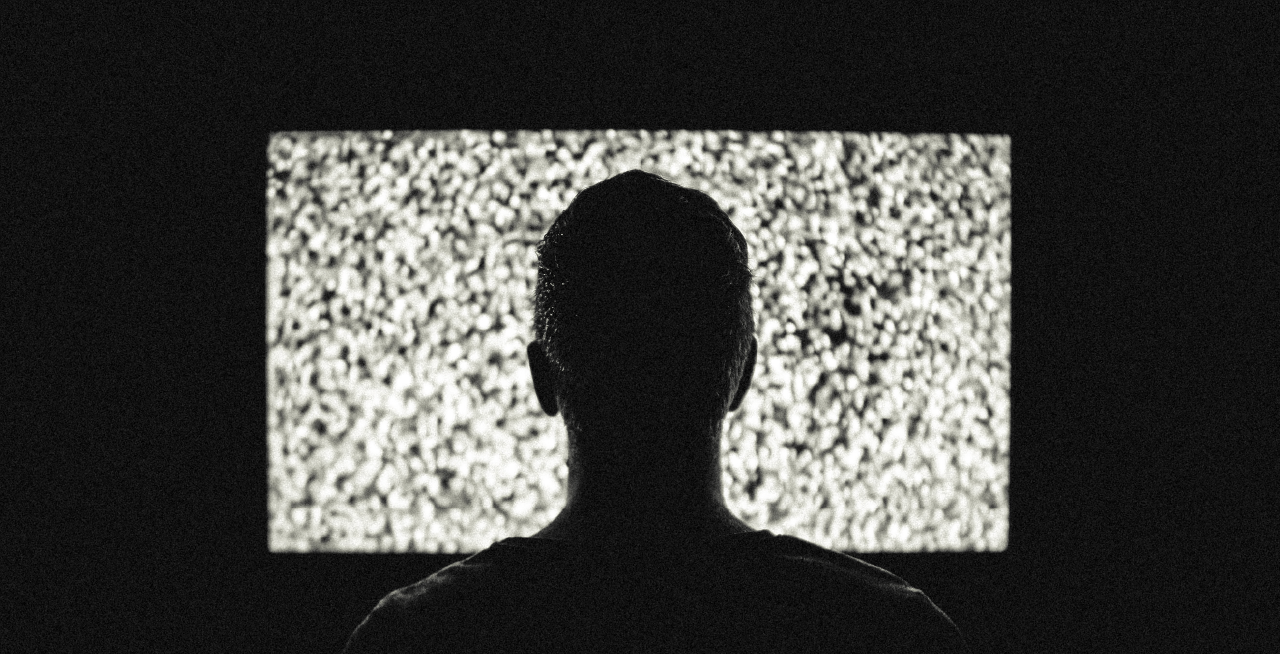One of the most common questions that business owners have when they are looking at SEO is, how does it compare to traditional advertising methods? Many of these business owners have little experience with SEO or digital marketing, and for years they have relied on traditional advertising to bring in customers.
It’s likely that you fall in the same boat as them, most business owners have a limited understanding of SEO, and that’s why they outsource the work to experts like us. But is SEO right for you, or should you stick to what you know?
What is SEO?
SEO stands for search engine optimization, and it’s a popular digital marketing tactic that will increase your rankings in search engines like Google, Yahoo and Bing. By doing this, you can appear higher on the results pages, and therefore more people will click to come through to your website.
Recent studies suggest that the overwhelming majority of people never go past the first page of Google, meaning that if you rank lower, you will get very little traffic. For this reason, businesses come to us to help them to increase their rankings and generate more targeted traffic to their website.
SEO combines two strategies; off-page and on-page SEO. These strategies roughly translate to building links from other websites towards your pages and optimizing your existing web pages, so they rank higher in Google. Both of these approaches involve multiple tactics which can increase your rankings significantly.
What is Traditional Advertising?

When people refer to traditional advertising, they usually mean advertising within conventional media like television, radio, and newspapers. This ad is generally in the form of an advertisement or a sponsored post, both of which can catch the attention of the consumer and influence their buying decisions.
Who is Your Audience?

Deciding whether SEO or traditional advertising is best for your business will depend greatly on who your target audience. Of course, SEO is only going to give you access to people using search engines and traditional advertising will just spread brand awareness to people reading papers or listening to the radio.
The vast majority of people are now searching on Google for answers to their problems, while a decreasing number are using traditional advertising. These statistics explain why big brands are directing a growing percentage of their marketing budget to digital marketing tactics like SEO instead of traditional advertising.
However, that’s not to say that SEO is perfect for every business. If your audience is old and doesn’t use technology, it’s likely that traditional advertising is going to give you better access to your audience. But clearly, this is a minuscule percentage of the population.
The vast majority choose Google and the internet over traditional media, making SEO the clear choice for the overwhelming majority of businesses.
Longer Payback Period
Another fantastic advantage of SEO when compared to traditional advertising is that the period of results is much longer. For example; if you put a radio advertisement out you can only get customers that hear the radio advertisement at that specific time.
Search engine optimization, on the other hand, can rank you at the top of the search results for months or years at a time. For an upfront investment, it can pay off for a long time to come, spreading brand awareness to everybody that sees your link and driving traffic directly to your website.
SEO is superior in this regard, especially since traditional media relies on regular turnover, i.e., new newspapers with different ads. Search engine optimization is a long-term strategy that can bring in long term results.
How Much Can You Afford to Spend?

While SEO certainly isn’t cheap, it’s often inexpensive when compared to the cost of TV, radio or newspapers advertisements. These ads can cost many thousands of dollars per day, whereas SEO is usually priced on a monthly basis.
If your business can’t afford to invest in traditional media advertisement, you might choose to use SEO because it’s far more affordable. Combined with the fact that SEO often had a better ROI (Return on Investment), it’s easy to see why small companies with limited budgets spend a lot of it on SEO and other digital marketing tactics.
SEO is Often Superior
All of the reasons we have listed above should show you why in most cases, SEO is the superior marketing strategy. It gives you access to a wide range of customers, spreading brand awareness and simultaneously bringing customers to your website where you can sell to them.
The fantastic thing about SEO is that it puts you directly in front of customers who are already interested in your products or services. We know this because the reason why they would find your website in the SERPs is that they are searching for something directly related to your business.
SEO allows you to help customers with their problems while traditional media relies on interrupting people’s days and telling them about something that they don’t care about. Which sounds better to you?
Can Traditional Advertising Ever Be Better?

That’s not to say that traditional advertising is worthless, for large corporations that don’t care about ROI and are more interested in brand awareness it’s invaluable. The widespread nature of TV advertising is great for these international brands, but the vast majority of these ads are not profitable, they are purely for brand awareness.
This tactic is not sustainable for a small or medium-sized business and perhaps not even for the largest companies who are scaling back their traditional ad spend.
What Should You Do Before Investing in SEO?
Before you start investing in SEO, you should ensure that you have a beautiful website that runs smoothly, loads quickly and has some great content. While we can help with all of these problems, it’s ideal if you come to us with an existing platform that is ready to be promoted.
Secondly, you must establish what budget you have. Knowing this number upfront allows us to more quickly decide which packages are ideal for you so that we can get to work on your SEO as soon as possible.
